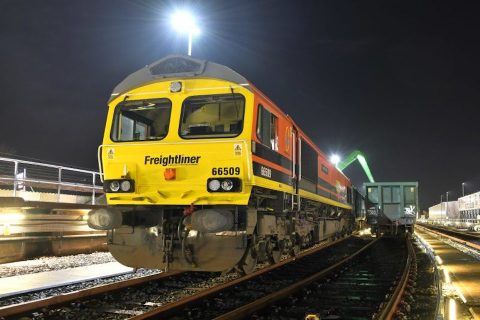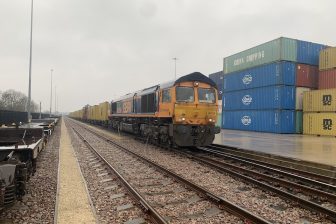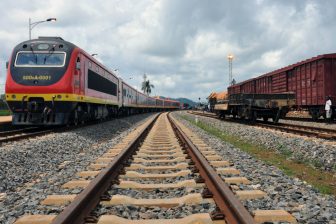
In England a car factory is gone but the railway remains
Freightliner locomotive at Leyland Enterprise Sidings Image by Fox Group media department
After two and a half decades of almost compete abandonment, the sidings of the former Leyland Motor Works have found new life, in the burgeoning aggregates industry. Having been built for a Lancashire company, but having passed though the hands of consolidation and government ownership, and even into foreign hands, the sidings at Leyland are back in the service of a local company.
Do you want to read the full article?
Thank you for visiting RailFreight.com. Become a member of RailFreight Premium and get full access to all our premium content.
Are you already a member?
Having problems logging in? Call +31(0)10 280 1000 or send an email to customerdesk@promedia.nl.




